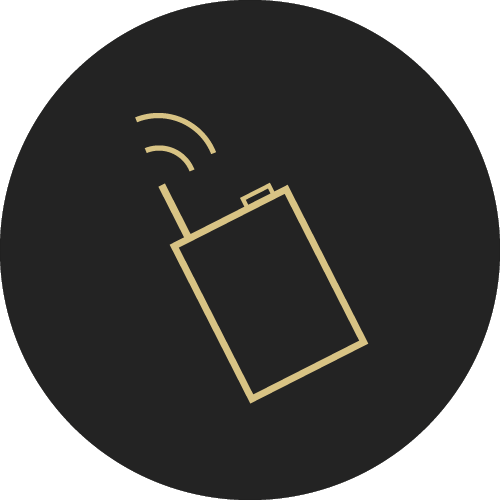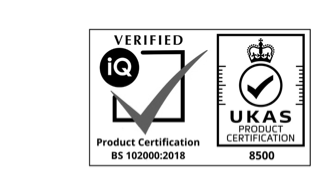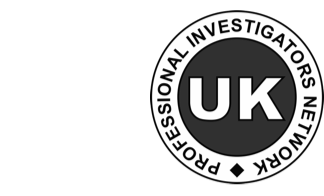Since the start of the pandemic, employers have had to adapt to the increase in working from home and new legislation regarding COVID. With all of the changes and new laws that have been put into place, it is vital that employers keep up to date with the latest legislation and remain aware of their rights as an employer, so that they can protect their business against COVID fraud.
The burden of Proof
What evidence can you ask your employees for regarding COVID sickness? Since 10 December 2021, employees are now only required to give proof of sickness if they are ill for more than 28 days after taking sick leave. They must then provide their employer with a “fit note” from their doctor, which will say whether the employee is fit to work or not.
*Please note that these requirements may be different from the time of reading this post, and updated information can be found at https://www.gov.uk/taking-sick-leave.
Is your employee reluctant to provide evidence of their positive result?
Whilst an employee’s reluctance to provide a test result isn’t necessarily indicative of fraudulent behaviour, it is possible that they are attempting to be evasive. It is very easy to falsify lateral flow tests (LFT) as positive, and indeed even yield false positives which will need to be followed up by a PCR.
Our top tip is to get your employees to initial and/or date the LFT to ensure, as much as reasonably practicable, that the test is theirs. Many of the tests also have a unique ID number on them which can help show that a test is unique rather than being reused.
Is your company’s COVID policy up to date?
Firstly, does your business have a COVID policy in place? Many small businesses haven’t considered the relevant policy until someone within their team contracts COVID-19. It is important, both for your employees and the business, to have guidelines in place and to keep them updated with any government guideline changes.
Tips: This gives you an opportunity to inform employees about expectations such as communication whilst they are off and clarify important details such as, whether you will be happy for them to work from home if self-isolating.
Ensure you are HR compliant
As with any policy affecting your employees, it would be advisable to involve your HR department, or seek guidance from relevant bodies such as ACAS, when writing your COVID-19 policy.
Current rules on self-isolation (In England)
You should self-isolate and get a PCR test as soon as you have any of the following 3 symptoms:
- a high temperature
- a new, continuous cough
- a loss or change to your sense of smell or taste
You should also self-isolate if you, or someone you live with, has tested positive for COVID-19 or is showing symptoms unless you are exempt.
The current isolation period is 10 days, however, you may be able to leave self-isolation after 5 full days if certain conditions are met.
More information, and any changes to government guidance, can be found on the official NHS websites below:
- https://www.nhs.uk/conditions/coronavirus-covid-19/self-isolation-and-treatment/when-to-self-isolate-and-what-to-do/
- https://www.nhs.uk/conditions/coronavirus-covid-19/self-isolation-and-treatment/how-long-to-self-isolate/
Do I need to pay my staff while they are self-isolating?
Employees are entitled to statutory sick pay (SSP) whilst they are self-isolating due to testing positive for COVID or showing symptoms.
Current legislation states that employers must pay an employee SSP if they’re self-isolating for at least 4 days in a row (including non-working days).
Statutory annual leave is also accrued while the employee is off work sick, and can be taken during sick leave.
Updated information can be found at https://www.gov.uk/employers-sick-pay.
Can I claim back SSP for staff who have taken COVID related absence?
If the below statements are applicable, you may be able claim back SSP for employees that have been absent with COVID related absence since 21st December 2021:
- you have already paid your employee’s sick pay (use the Statutory Sick Pay calculator to work out how much to pay)
- you’re claiming for an employee who’s eligible for sick pay due to coronavirus (COVID-19)
- you have a PAYE payroll scheme that was created and started on or before 30 November 2021
- you had fewer than 250 employees on 30 November 2021 across all your PAYE payroll schemes
Can your staff Work From Home?
Current government guidelines are to work from home “where possible”. This ambiguity can lead to confusion amongst employers and employees alike, so we suggest ensuring that your COVID policy -as mentioned earlier- covers this. This should also include stipulation as to whether employees are expected to work from home whilst isolating or not.
To understand more, visit the Gov website below:
Can your staff work elsewhere whilst off on sick leave?
Moonlighting is prevalent among many part-time workers and most employers will have a specific policy that dictates whether employees can seek additional employment, but almost all will require that to be declared to them. It must be assessed on a case by case basis taking into consideration: company policy, conflict of interest, impact on primary employment, nature of the illness, and the employee’s history with the company.
Can you investigate precarious cases of illness?
Employers may be within their rights to hire a private investigator to gain information, supporting them with the decision making process when dealing with absence management and precarious cases of illness. The core message is that this must be justifiable and proportionate so it is very unlikely to be in response to a single case of illness and more likely to be required in cases where an employee has an injury claim against a business or has had a regular or recurring illness.
Tips for supporting staff who are ill or having to self-isolate:
Working from home
Our suggestion to avoid any doubt is, if your business enables it, your employees should WFH if they are obligated to self-isolate, but if they actually test positive themselves then this is treated as sick absence (unless they feel fit enough to work) and treated accordingly.
Online Meetings
With a plethora of available websites and apps that allow you to stay in touch, we recommend that you keep regular team meetings online using platforms like Microsoft Teams and Zoom. This has the effect of ensuring your employees don’t feel detached from the business and will keep their morale up by allowing them to see their colleagues, whilst also ensuring their work output doesn’t drop dramatically.
Working From home assessment
Ensure you or your employees carry out a Display Screen Equipment (DSE) check on their WFH setup. This is not only to improve their comfort whilst working from home but also to protect your company from any possible lawsuits, as injuries such as carpal tunnel syndrome can develop from using improper desk setups. This may result in small outlays on desks or keyboards so your employees aren’t working from their beds using just their laptops.
Employees
Regarding COVID-19 isolation and testing, ultimately communication is key. Inform your employer about any ill health, especially COVID symptoms, as early as possible and keep them involved throughout the testing process. If tested positive, keep them updated with your health and any relevant evidence you need to provide (e.g. COVID tests). It’s important to note that this isn’t to have your employer keep an eye on you, but rather to ensure you can receive any necessary help and the correct sick pay depending on your situation.
Employee fraud investigation services
Concerned about an employee committing COVID fraud? Seek help from a professional fraud investigator for a discreet investigation.
Give us a call now to find out how we can help protect your business from COVID fraud.

 Surveillance
Surveillance Matrimonial Investigations
Matrimonial Investigations Bug Sweeping
Bug Sweeping GPS Vehicle Tracking
GPS Vehicle Tracking Lie Detector Test
Lie Detector Test Person Tracing
Person Tracing Employee Investigations
Employee Investigations Asset Tracing
Asset Tracing Fraud Investigations
Fraud Investigations Injury & Insurance Investigations
Injury & Insurance Investigations







